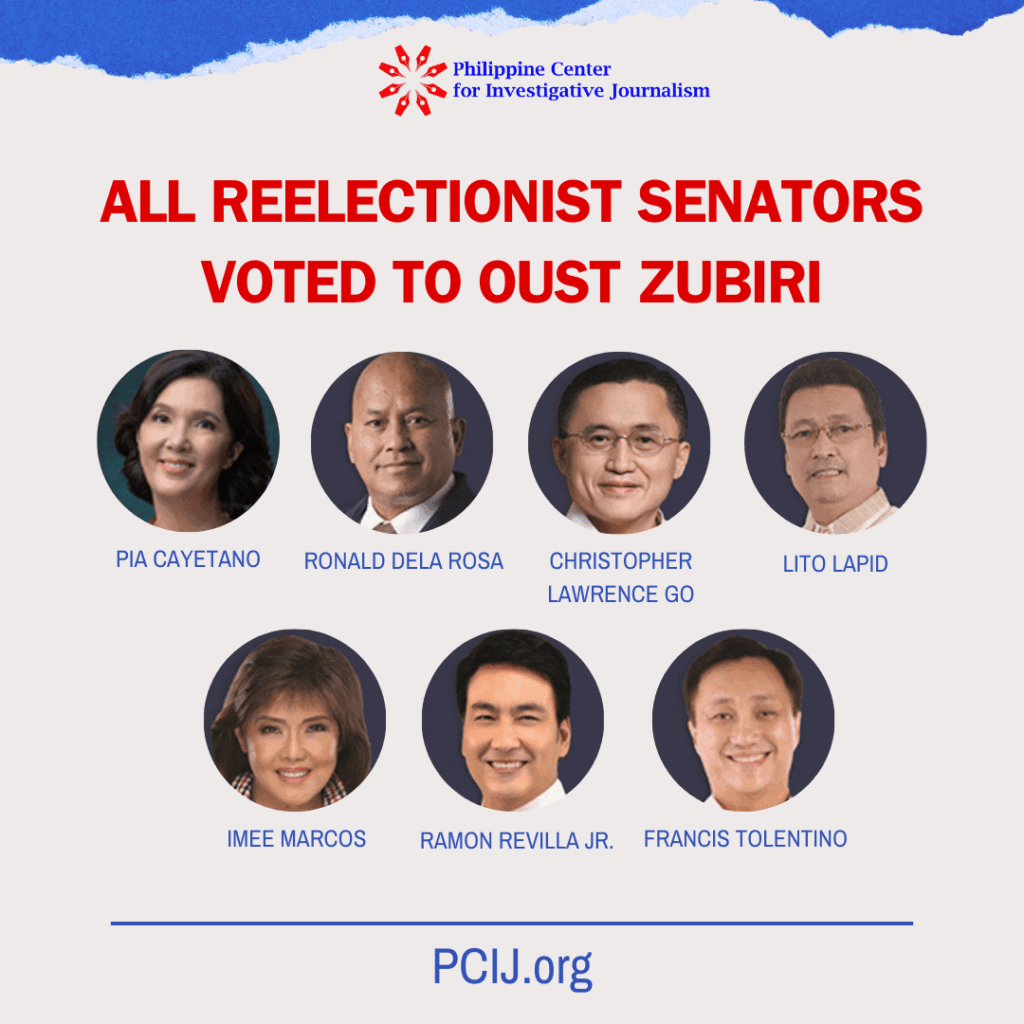
Introduction
The Philippine senatorial elections are a pivotal aspect of the country’s democratic process, shaping policies and governance. Scheduled for May 2025, these elections will fill 12 of the 24 seats in the Senate, impacting legislation on vital issues such as healthcare, education, and national security. Given the political climate and recent events, understanding their importance is crucial for both voters and candidates.
Recent Developments
The current political landscape in the Philippines has seen significant changes, especially following the 2022 presidential elections. President Ferdinand Marcos Jr.’s administration continues to influence the atmosphere leading into the 2025 senatorial elections. With the public’s growing dissatisfaction over economic challenges and issues surrounding human rights, candidates are gearing up to address these pressing concerns.
Political parties are expected to field a mix of incumbents and new entrants, aiming to capitalize on various platforms to gain voter support. Recent surveys indicate a strong demand for candidates who are not only aligned with party frameworks but also exhibit independence and a strong commitment to the community.
Key Issues to Watch
As the elections approach, several key issues are emerging at the forefront of public concern. The economy remains a primary factor, with inflation rates and employment levels affecting the everyday lives of citizens. Additionally, the COVID-19 pandemic’s lingering repercussions make public health policies a significant topic during the campaign.
Another vital component is the ongoing debates around infrastructure development, which is seen as a pathway to stimulate the economy. Candidates will need to present clear plans around sustained investment in this area, highlighting how it will benefit their constituents.
Implications for the Future
The outcomes of the senatorial elections could significantly affect the legislative agenda of the Marcos administration. A favorable result may enable smoother passage of key legislative priorities, while an unfavorable one might lead to more significant challenges. Voter turnout and engagement are likely to be higher than in previous years, given the evolving political and social landscape.
Conclusion
The 2025 Philippine senatorial elections are set to be a critical juncture for the nation, reflecting the voice of the people in shaping governance and policy. As candidates prepare their platforms and engage with voters, it is essential for citizens to consider the implications of their votes and participate actively in the electoral process. The future of the Philippines, encompassing economic growth, public health, and democratic integrity, hinges on the choices made during these upcoming elections.






